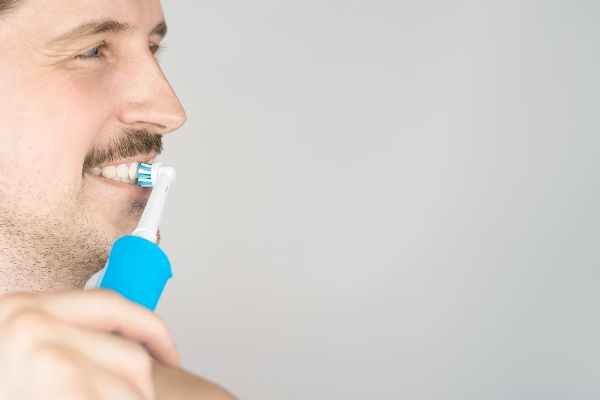 Seeing a dentist twice a year is a component of routine dental care. A dentist is able to evaluate oral health and determine any potential concerns with tooth decay or gum disease. Though daily oral hygiene practices contribute to strong teeth and gums, it is important to seek professional care and input for optimal health.
Seeing a dentist twice a year is a component of routine dental care. A dentist is able to evaluate oral health and determine any potential concerns with tooth decay or gum disease. Though daily oral hygiene practices contribute to strong teeth and gums, it is important to seek professional care and input for optimal health.
What defines routine dental care?
It is important to schedule routine visits with a dentist even when there are no apparent oral problems. Routine care is defined as scheduled checkups to a basic exam or cleaning of the mouth. Many of the more severe conditions involving decaying teeth or oral cancer have a number of early symptoms that a dentist will identify during a checkup. Routine care, by visiting a dentist, could be likened to the annual wellness exam recommended by primary care physicians. The visit ensures that issues of health are taken care of or proactively addressed.
What happens during a checkup?
When speaking to a dentist on the importance of preventative care and routine exams, there are a number of benefits that may be brought up. Everything that happens during a checkup has a purpose, with the overarching aim focusing on patient wellness through healthy teeth and gums.
Dental cleaning
Brushing or flossing twice a day will protect the teeth from decay, but many people are irregular in their hygiene habits or use techniques that make brushing or flossing ineffective. It does not take long for food particles or sugars to get caught between the teeth and eat away at the tooth enamel. Decay can happen quickly and in places that might not be seen during a nightly brushing routine. A visit to a dentist not only brings an experienced pair of eyes into the search for cavities, but it also ensures that the right tools and products are available to deal with any problems.
Cancer awareness
Oral cancer can attack and affect any of the components of the oral cavity, including the teeth, lips, gums, tongue, roof of the mouth, and tissue lining the cheeks or lips. A dentist will tell you that early intervention is crucial to addressing cancerous lesions, patches, or growths in the mouth. A routine exam provides the dentist with ample time to look for signs or symptoms of trouble, but also to track any changes that have taken place between visits. Routine dental care is an important screening tool for oral cancer, as prompt treatment increases survival rates.
Total body wellness
Sleep apnea, a condition that creates fatigue, puts extra strain on the heart, and influences emotional health, may be connected to bruxism or grinding of the teeth. A dentist will notice the wear and tear on the teeth and address potential causes through questioning and the oral exam. Tooth loss has an impact on diet and nutrition, and the dentist is a resource for treatment options that address loss. A dentist is also able to evaluate tooth alignment, both a cosmetic and uncomfortable problem.
Conclusion
There are many reasons why a dentist will advise patients to seek routine dental care throughout the year. The teeth and gums are healthier and stronger when the patient and oral care provider work together.
Request an appointment or call Joyful Dental Care at 773-736-7767 for an appointment in our Chicago office.
Related Posts
Many people may believe that they do not have time for routine dental care, which consists of daily brushing and flossing as well as periodic cleaning by a dentist. Admittedly, these tasks do take some time but should be a priority even in a busy schedule. People who do not take time for brushing, flossing,…
When patients go for routine dental care, they may or may not have X-rays taken of their mouths. Dentists use these important diagnostic tools to check all layers of the tooth. While a key part of routine care, X-ray imaging may not be taken every visit. Every patient is different, and the recommended frequency for…
Prioritizing routine dental care is necessary for good health. Unfortunately, some people can find it difficult to care properly for their teeth by brushing, flossing, and seeing a dentist on a regular basis. Patients who disregard dental hygiene and professional care need immediate action to prevent dangerous outcomes.In addition to an unsightly smile, failing to…



